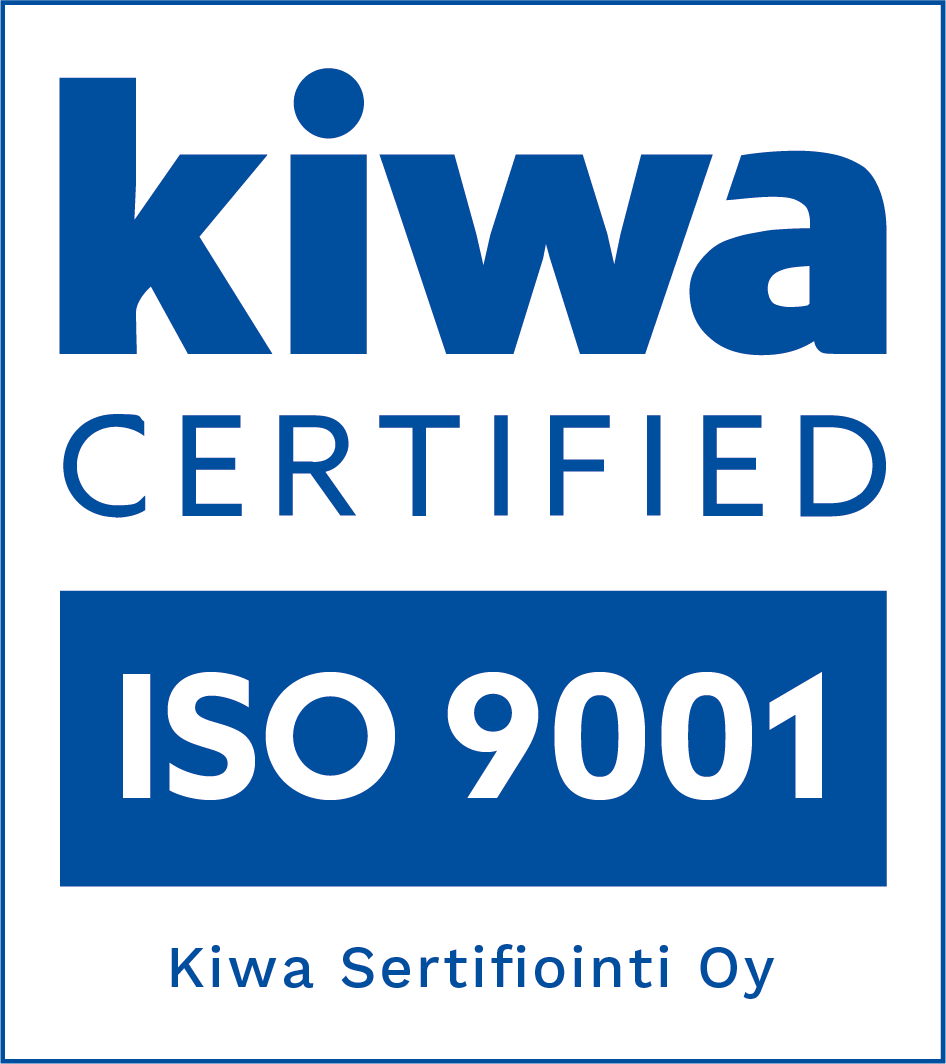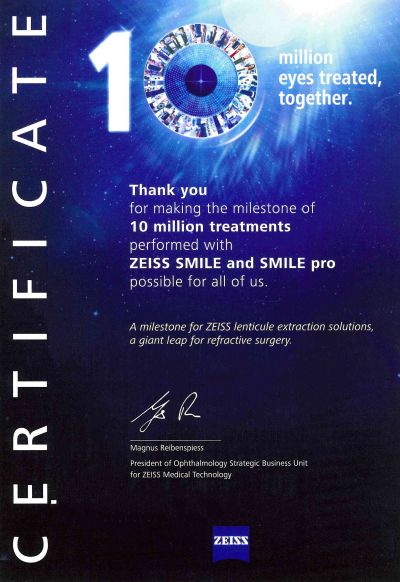
Cataract surgery
What are cataracts and how are they treated?
A cataract means that the eye’s lens has become cloudy or foggy and is a completely normal development in an ageing eye. Everyone develops cataracts sooner or later. The only known way to treat cataracts is to remove the cloudy lens and replace it with an artificial lens. The timing of cataract surgery is entirely dependent on what problems it causes. Surgery is indicated when cataracts impair vision to the extent that it affects everyday activities such as reading, watching TV, needlework, household chores or driving.
Cataract surgery is one of the commonest and safest procedures performed within the field of ophthalmic surgery. Cataract surgery involves the patient’s own lens being replaced with an artificial lens. The experiences ophthalmologists at Eira Hospital have been performing cataract surgery for over 15 years and we used the latest generation of lenses that have a high optical quality.
Typical symptoms of cataracts:
- dazzling lights
- a sensation of having curtains in front of your eyes
- double vision
- colours fade
- the strength of your glasses changes

Suspect you have cataracts? Book an appointment with an ophthalmologist!
If your vision becomes blurry and glasses no longer help, the cause may be cataracts.
Easily book an appointment with an ophthalmologist through our online booking system.
You can also call our free cataract advice service, where we answer your questions and provide guidance and support regarding eye health.
Cataract advice is available on weekdays at +358 9 1620 300.
Safe and trouble-free cataract surgery with the phaco technique
At Eira Hospital, we perform cataract surgery on an out-patient basis with eye-drop local anaesthetic. The eye is numbed using anaesthetic eye drops that remove the sensation of pain and then an approx. 2.5 mm opening is made in the eye.
The patient’s own hard lens is first broken into pieces using a modern phaco technique with the help of ultrasound and sucked out, before the new artificial plastic lens is inserted. The artificial lens will never become cloudy and its strength is individually selected according to the measurements made during the pre-examination. The surgery takes about 15 minutes per eye and the entire appointment lasts about two hours. It is a good idea to bring along a companion, especially if both eyes are being operated on at the same time. When necessary, it is possible to pay a supplementary fee and spend the night in the in-patient unit.
Rapid recovery following the surgery
Because we use the latest techniques, the recovery is rapid.• Home after only a few hours. We recommend that you bring a companion with you, especially if both eyes are being operated on.
- Your vision is fully recovered after a few days
- The surgical incisions heal without stitches
- After-care involves using eye drops for 2–3 weeks following the surgery
- Sick leave of 1–2 weeks
- Follow-up one month after the surgery at Eira Hospital or at the ophthalmologists’
New! Cataract information for free
Do you have questions about cataract surgery? You are most welcome to call our customer service 09 1620 570 and leave a call request to get individual information from our specialist. Or send an email to silmaklinikka@eiransairaala.fi.
The initial evaluation for cataract surgery
Prior to the surgery, you meet the ophthalmologist who will be performing the operation. The initial evaluation includes an examination of the structure of the eye. In addition to this, the various lens options are gone over and we work out which lens is most suitable for your specific needs.
Normally, a lens is chose than will make optimal near and distance vision possible following the surgery. Patients with refractive errors can choose a special lens that corrects astigmatism. For some patients, it is possible to use a special lens that replaces progressive glasses, which means that the patient has both near and distance vision following the surgery.
Specialists
Next available appointments
Price list
Appointment with an ophthalmologist
Estimated price: €160 – €190. Specialist prices can be found in the specialist's profile.
- Heickell Aurora, Specialist in ophthamology
- Korsbäck Anna, Specialist in ophthamology, ophthalmic surgeon
- Kukkonen Kirsi-Tiina, Specialist in ophthamology, Ophthalmic surgeon
- Linder Matts, Specialist in ophthamology, Ophthalmic surgeon
- Mattila Jaakko, Specialist in ophthamology, Ophthalmic surgeon
- Oksman Petri, Specialist in ophthamology, Ophthalmic surgeon
- Sarmela Johanna, Specialist in ophthalmology, eye surgeon
- Suominen Sakari, Specialist in ophthalmology, eye surgeon
- Virtanen Minna, Specialist in ophthamology, ophthalmic surgeon
Cataract surgery
Explore the serviceOther examinations and operations
Price estimate 160 € - 190 €
A clinic fee of 32,50 € will be added to the appointment price. A Kanta fee of 3,50 € is charged for all appointments where information is saved to My Kanta. Specialist-specific prices can be found on each specialist’s profile page.
-
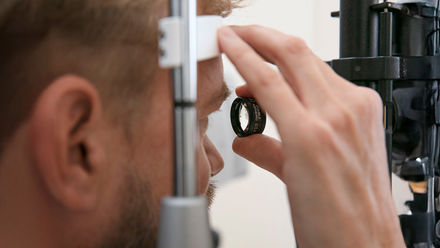 ICL surgery
ICL surgeryICL surgery (implantable collamer lens) is an alternative to laser surgery, especially for correcting severe nearsightedness.
-
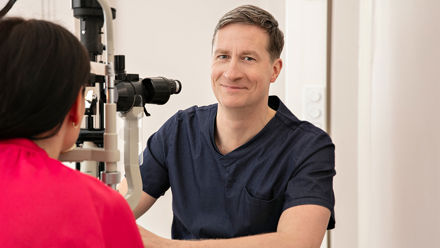 Refractive lens exchange
Refractive lens exchangeGet rid of your progressive glasses with a refractive lens exchange! The refractive lens exchange is sometimes called a presbyopia surgery as it corrects near vision. But in addition to presbyopia, the refractive lens exchange also corrects distance vision and any astigmatism.
-
 Cataract surgery
Cataract surgeryDo glasses no longer help? Does it feel like your vision is blurry despite having recently received new glasses? Have the ophthalmologist specialising in cataracts excaminate whether cataract surgery could be for you. Cataracts can be removed, even before your vision has deteriorated markedly. Make an appointment with one of our experienced ophthalmologists.
-
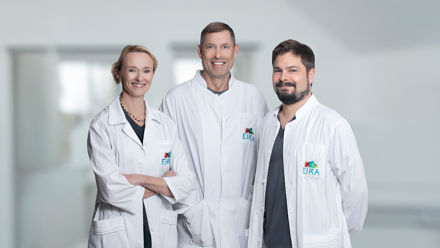 Ophthalmologist
OphthalmologistIf you have problems with your vision or your eye looks different, you should consult an ophthalmologist. The ophthalmologist diagnosis and treats eye diseases and can examinate errors of refraction and have them corrected.
-
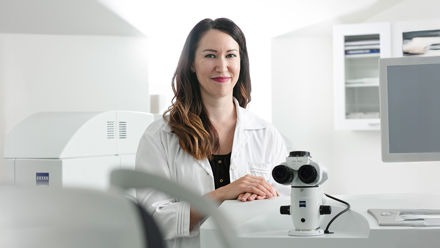 Optician's pre-examination
Optician's pre-examinationConsult the hospital optician and find out if you can correct your refractive error with laser vision correction or refractive lens exchange. During the pre-examination, your eyes are photographed and measured by the hospital optician using various instruments in order to work out which method is most appropriate for your eyes.
-
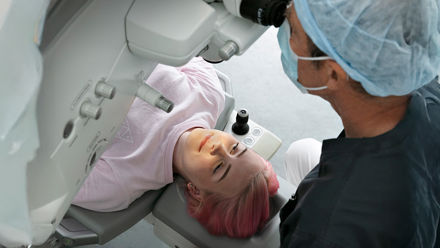 SMILE laser vision correction
SMILE laser vision correctionThanks to the latest SMILE technology, the eye's refractive error can be corrected without the traditional corneal flap. This keeps the surface layer of the eye more intact and reduces the risk of dry eyes. Studies show that the treatment results of SMILE surgeries are excellent. Here in Eira we are using the latest laser equipment Zeiss VisuMax 800.







